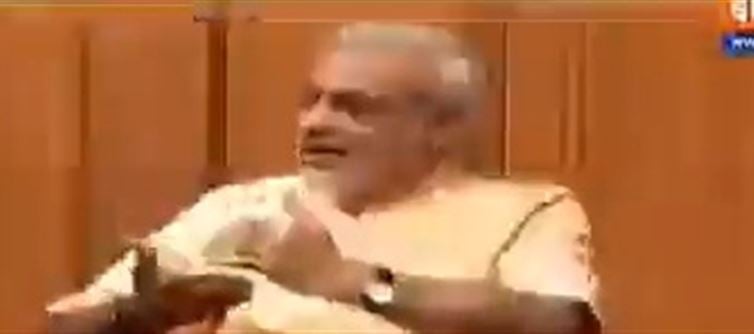
Fast forward to the present, and the tables have turned. After a recent escalation with Pakistan, reports indicate that Modi’s government agreed to a ceasefire following a call from former U.S. President Donald Trump. netizens were quick to highlight the irony, noting that despite years of tough posturing, the current government seemed to have backed down under American pressure in much the same way it once condemned. The resurfaced video of Modi attacking manmohan singh has now become a tool of satire online, with people accusing the prime minister of practicing the very appeasement he once derided.
This growing wallet PLATFORM' target='_blank' title='digital-Latest Updates, Photos, Videos are a click away, CLICK NOW'>digital dissent reflects a deeper public frustration with what many perceive as performative nationalism. While Modi built much of his political capital on the promise of strong, independent leadership, especially in matters of national security, the reality of foreign policy often proves more complex and constrained. Citizens are beginning to question whether bold words are being matched by bold actions—or if strategic decisions are increasingly shaped by international diplomacy at the cost of domestic expectations. The contrast between past speeches and present decisions is now fueling a broader debate on accountability and consistency in India’s leadership.




 click and follow Indiaherald WhatsApp channel
click and follow Indiaherald WhatsApp channel